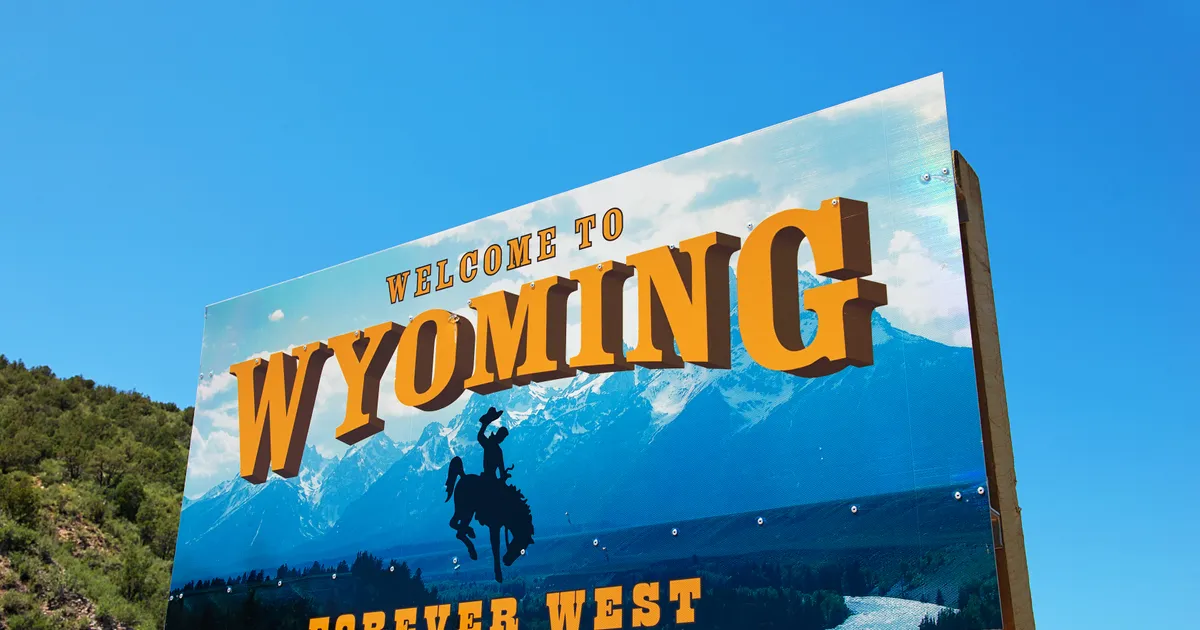- The minimum age to legally work varies across states.
- Minimum wage varies significantly and as of August 2021, ranges from $2.13 to $13.69 depending on what sector you work in and what state you live in.
- State law determines how old a child has to be to work, including on a family farm or in a family business, to ensure education is a priority.
In the United States, federal law requires a minor to be at least 14 years of age in order to work a job that requires a work permit. However, some states allow minors to work before reaching that age, while others have a minimum working age of 18.
Additionally, the federal law is that minimum wage is $7.25 per hour. While some states have adopted that minimum wage, others have set it lower or higher than that.
 Shutterstock
ShutterstockMinimum Working Age Under 14
Georgia allows minors as young as 12 years old to work jobs that do not fall under the Fair Labor Standards Act. These jobs include babysitting, newspaper delivery, and businesses with fewer than two employees. The minimum wage for these jobs is $5.15 per hour.
If you thought Georgia’s minimum working age was low, you’d be wrong. In fact, Texas and Florida allow children that are 10 years old to hold a job doing a newspaper delivery route.
Minimum Working Age of 14 and Federal Minimum Wage
Out of the 50 states in America, 14 allow minors of ages 14 and older to work and be paid the federal minimum wage of $7.25 per hour.
The only workers who may not receive $7.25 per hour are employees who receive the bulk of their wages in tips. The federal minimum for these workers is set at $2.13 per hour and the tips received increase the wage to at least $7.25.
The states that have their minimum wage set at the federal minimum wage are:
- Alabama
- Idaho
- Indiana
- Kansas
- Kentucky
- Louisiana
- North Carolina
- North Dakota
- Oklahoma
- Pennsylvania
- Tennessee
- Texas
- Utah
- Wisconsin
 Shutterstock
ShutterstockMinimum Working Age of 14 and Minimum Wage Above Federal
Out of the 50 states, 28 of them have a minimum working age set at 14 years old and a minimum wage above federal. The states that follow that criteria and their minimum hourly wage are:
- Alaska ($10.34)
- Arizona ($12.15)
- California ($13)
- Colorado ($12.32)
- Connecticut ($13)
- Delaware ($10.25)
- Florida ($8.56)
- Hawaii ($10.10)
- Illinois ($11)
- Maine ($12)
- New Mexico ($10.50)
- West Virginia ($8.75)
- Ohio ($8.80)
- South Carolina ($9.45)
- Maryland ($11)
- Massachusetts ($13.50)
- Michigan ($9.65)
- Minnesota ($10)
- Missouri ($10.30)
- Montana ($8.75)
- Nebraska ($9)
- Nevada $(8.75)
- New Jersey ($11)
- New York ($11.80)
- Rhode Island ($11.50)
- Vermont ($11.75)
- Oregon ($12.75)
- Washington ($13.69)
 Shutterstock
ShutterstockMinimum Working Age of 16 and Varying Minimum Wages
Some states, such as Arizona and New Jersey, allow minors age 14 to work. However, they are only allowed to work outside of school hours. In these states, minors who are 16 or older are allowed to work during school hours. Arizona’s minimum hourly wage is $12.15, while New Jersey’s is $11.
Other states with a minimum working age of 16 are:
- New Hampshire ($7.25)
- Iowa ($7.25)
- Mississippi ($7.25)
- Arkansas ($11)
- South Dakota ($9.45)
 Shutterstock
ShutterstockStates with Unique Cases
There are a few unique states in the U.S. that allow a $5.15 hourly wage for workers who do not fall under the Fair Labor Standards Act. These states include:
- Georgia, with a minimum working age of 12
- Wyoming, with a minimum working age of 14
Virginia is another outlier among the states. It has a minimum working age of 18 and a minimum wage of $9.50 an hour.
 Wyoming
WyomingAgricultural Jobs and Their Legal Working Age
In the United States, states like Delaware and South Dakota do not have a minimum working age when it comes to agricultural jobs. As long as the job is not hazardous, any child can work it.
Illinois allows children as young as 10 years old to work agricultural jobs and as young as 12 to work during school hours. Michigan, for instance, allows children of the age of 13 to work agricultural jobs outside of school hours. Nevada has no minimum working age, but only children older than 14 can work while school is in session. Idaho, Vermont, and New Mexico allow minors who are 16 and older to work an agricultural job.
The states that allow children who are 12 years old to work an agricultural job are:
- California
- Indiana
- Colorado
- Minnesota
- New Hampshire
- New Jersey
- Wisconsin
- Oregon
- Utah
The states that allow children who are 14 years old to work an agricultural job are:
- Alaska
- Arizona
- Arkansas
- Connecticut
- Florida
- Hawaii
- Iowa
- Maine
- Massachusetts
- Missouri
- New York
- North Dakota
- Ohio
- Pennsylvania
- South Carolina
- Virginia
- Washington
 Shutterstock
ShutterstockDo Your Research
A lot goes into child labor laws in an effort to keep children safe from hazardous jobs and enrolled in school. Since children often work on their family’s farm, agricultural jobs tend to be legally permitted at an earlier age so long as the child’s education is the first priority.
When it comes to non-agricultural jobs, minors tend to first start working as babysitters or newspaper deliverers as these jobs don’t require many hours, but teach responsibility and provide some spending money.
If you’re considering employing a child of young adult, whether it’s a family member or not, search online for up to date information on legal working ages in your state and the required pay.



